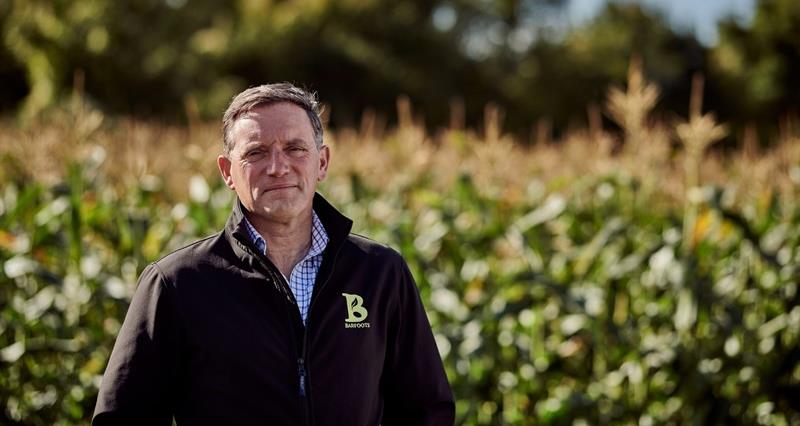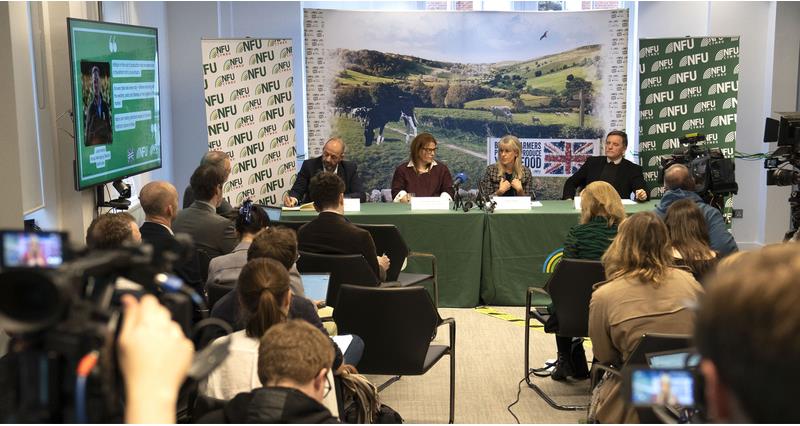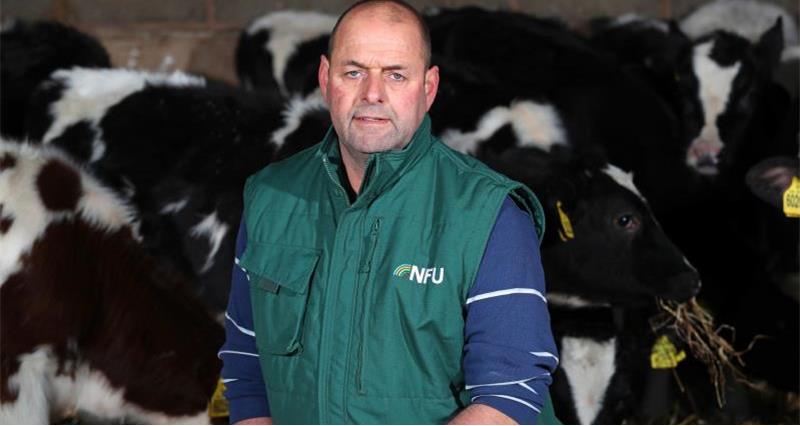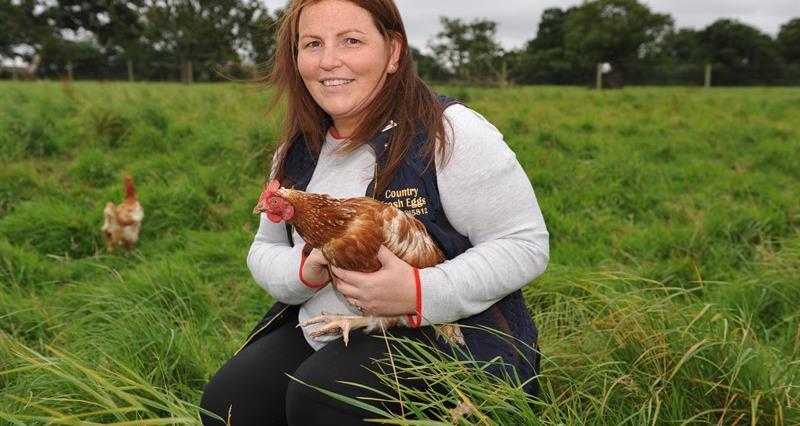Inflation in the cost of production risks the destruction of the British horticulture industry.
Taking risks every day
Growers take risks every day – whether wrestling with the weather, pests and disease, or the vagaries of the market. Many are making decisions based on ‘survival instincts’ above all else.
Where they can, growers are opting to reduce their exposure to high-risk crops and settling for the relative certainty of the commodity cereal market or choosing non-agricultural diversifications.
Most producers, however, are heavily invested in their particular crops. They have little opportunity to switch to other areas.
"If you don’t make a profit, then how can you invest in the future?"
Julian Marks, Group Managing Director of Barfoots
For those with long-term perennial crops, for example top fruit and asparagus, switching is not an option and in the current circumstances many will sadly go bust and exit the industry.
Confusion and uncertainty
The level of uncertainty in our sector has grown to unacceptable levels. There is still confusion as to whether we will have adequate seasonal labour for 2023.
This for crops where land, seed, fertiliser and other inputs have already been committed. We need a clear commitment from government to lift the cap on the Seasonal Workers Scheme to increase the number of visas available, so growers have the essential workers they need.
Input costs
Rising cost prices continue to present an intensely difficult challenge.
For 2022 and going in to 2023, we’ve seen labour costs up 15%, electricity up 70% to 80%, fertiliser has doubled in price, crop protection products up 20%, haulage 20%, cardboard and packaging up 40 to 50%. For hand-harvested crops, labour makes up more than 40% of the cost of production, and this is common across the industry.
The future
The word ‘sustainability’ in agriculture and horticulture is often used. It conjures up images of the British countryside, soil, water, biodiversity and a host of other important things. But any business can only have a sustainable future if it is profitable.
Agriculture is no different. If you don’t make a profit, then how can you invest in the future?



